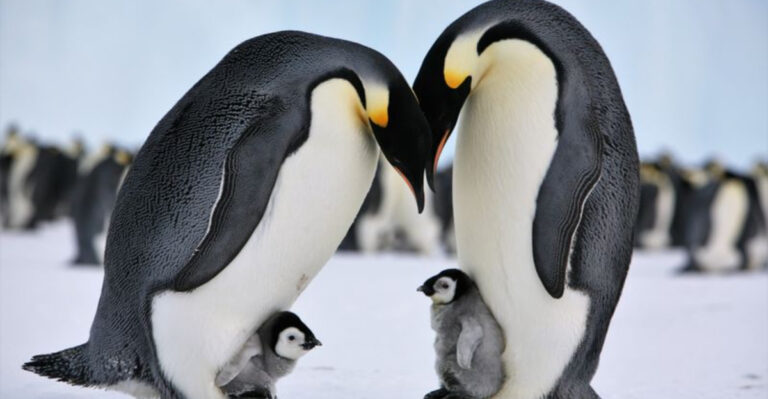16 Shocking Facts About How Smart Wolves Really Are
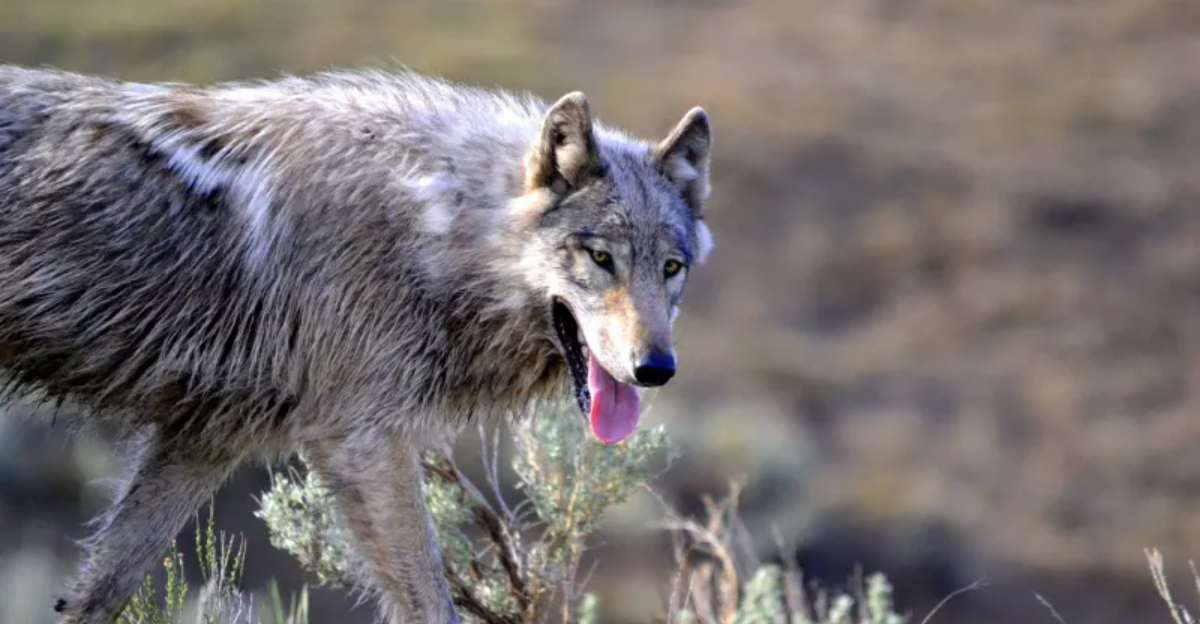
Wolves have long captured our imagination with their eerie howls and pack dynamics, but there’s more than meets the eye. These creatures are not just skilled hunters; they’re incredibly intelligent beings.
Their ability to communicate, strategize, and adapt to various environments is truly astonishing. Check out these lesser-known facts that reveal just how smart wolves truly are.
1. Wolves Communicate Complexly
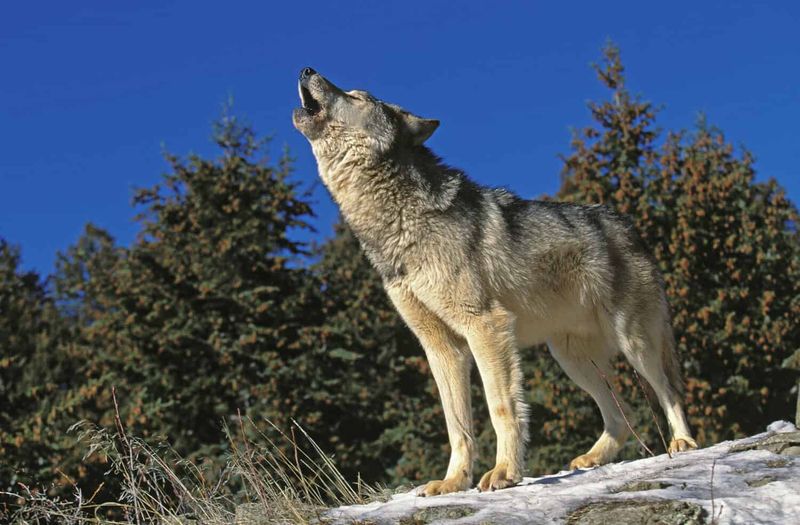
Wolves have a sophisticated communication system involving body language, howls, and facial expressions. This allows them to coordinate hunts and manage pack dynamics efficiently.
Their howls can convey different meanings, like rallying the pack or warning of danger. It’s like their very own language, intricate and nuanced, making them social masterminds of the wild.
2. Problem-Solving Skills
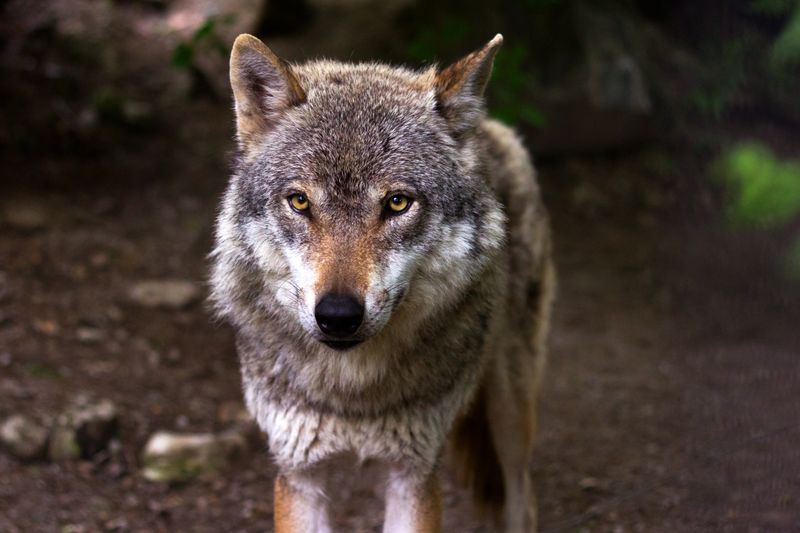
Wolves are excellent problem solvers. In the wild, they encounter various challenges, like finding food or shelter, requiring quick thinking and adaptability.
Their intelligence shines as they strategize, employing creativity and experience to navigate complex situations.
This problem-solving ability is not just survival; it’s a testament to their cognitive prowess.
3. Pack Hierarchy And Rules
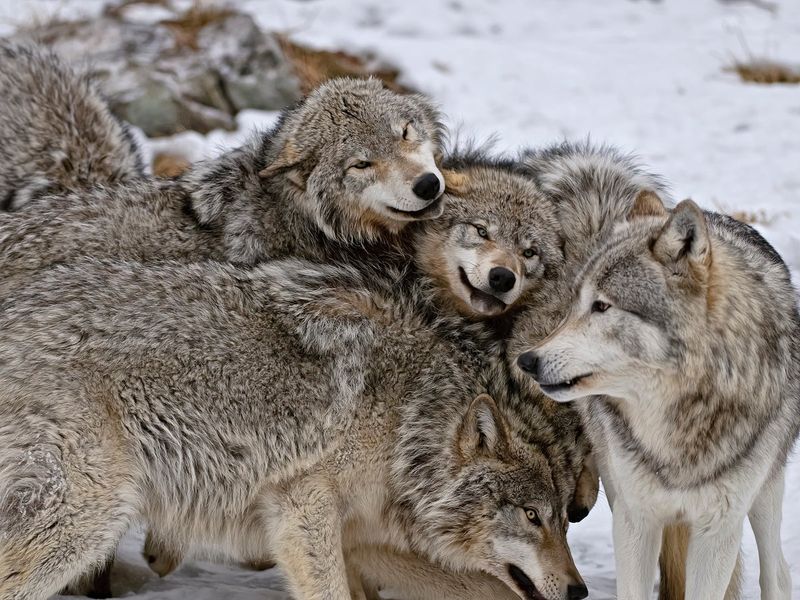
In wolf packs, hierarchy is everything. Each member knows their role, from the alpha leaders to the supportive subordinates.
This structure ensures order, cooperation, and efficiency. The pack’s ability to maintain peace and function smoothly is a brilliant example of their social intelligence, enabling them to thrive in harsh environments.
4. Hunting Strategies
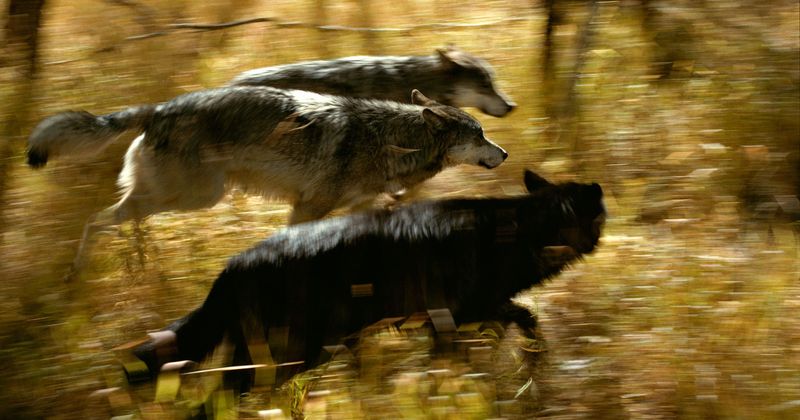
Wolves are strategic hunters, using teamwork and planning to catch prey. Their hunting techniques are sophisticated, involving roles like drivers and ambushers.
By working together, they can take down animals much larger than themselves. This teamwork showcases their intelligence and ability to cooperate, ensuring the survival of the pack.
5. Adaptability To Environments
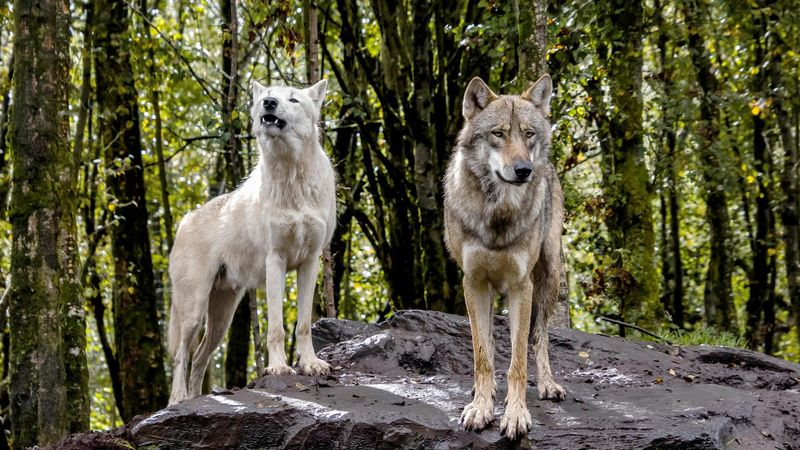
Adaptability is key to wolf survival. They thrive in diverse environments, from icy tundras to dense forests.
Wolves adjust their behaviors, diet, and hunting methods according to their surroundings. This ability to adapt is a clear indicator of their intelligence, enabling them to survive and flourish where others might fail.
6. Emotional Intelligence
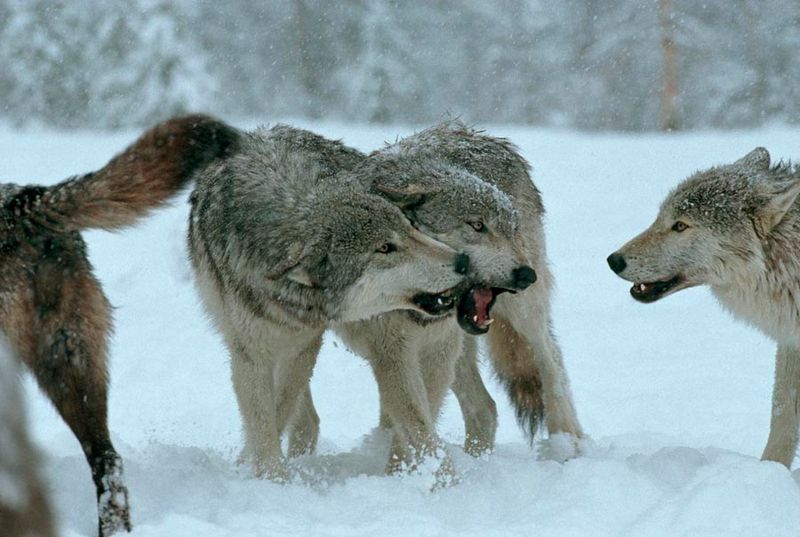
Wolves display emotional intelligence through empathy and social bonds. They form strong attachments within their packs, showing care and concern for one another.
This emotional depth enhances their social structure, promoting stability and cooperation. It’s fascinating to see such emotional complexity in these wild creatures, a testament to their advanced social skills.
7. Learning Through Observation
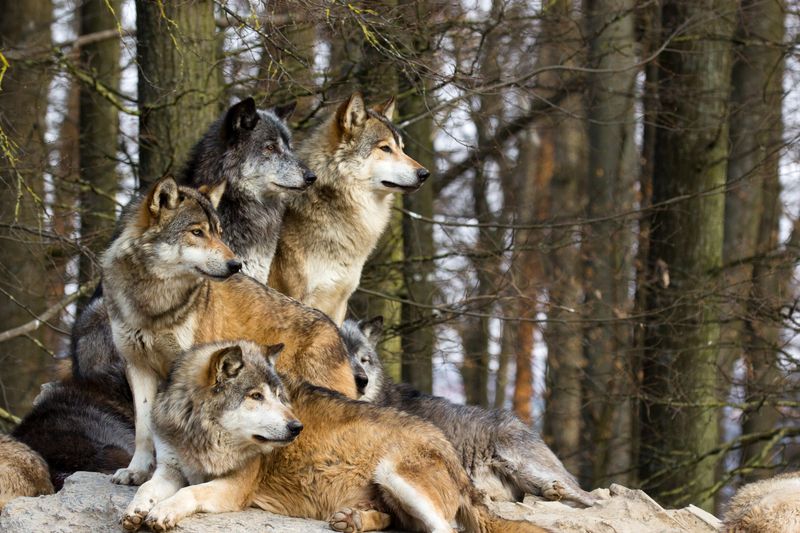
Wolves learn by watching their pack members. Young wolves observe the adults, picking up skills like hunting and communication.
This observational learning is crucial for their development, enabling them to mature into capable adults. It’s a smart way to pass down knowledge and ensure the continuity of essential survival techniques.
8. Use Of Territory Marking
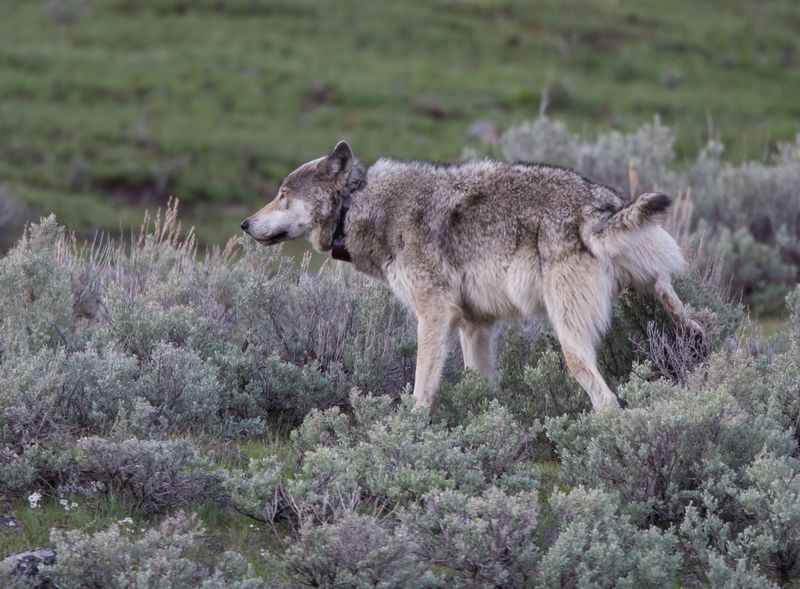
Territory marking is a clever tactic wolves use to communicate boundaries and deter rivals. By marking with scent and visual cues, they establish their territory without confrontation.
It’s a strategic use of available resources, showcasing their intelligence in maintaining peace and protecting their home range.
9. Cooperative Rearing Of Young
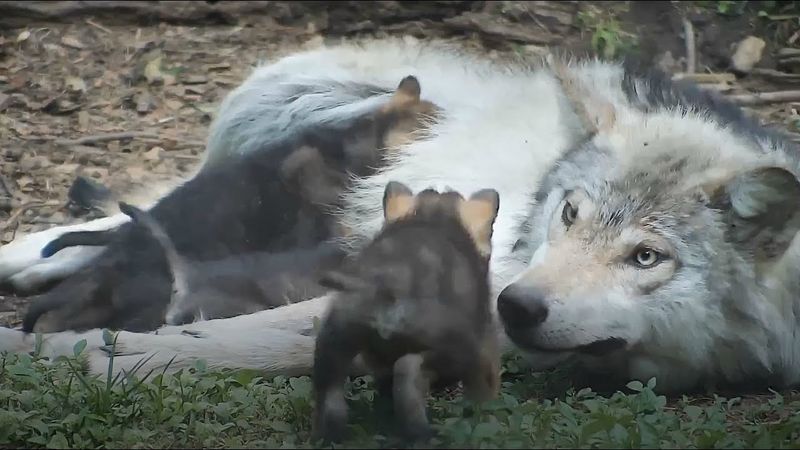
Raising wolf pups is a pack effort. Each member plays a role, from feeding to teaching survival skills. This cooperative parenting ensures the pups’ safety and learning, strengthening the pack’s future.
It’s a smart strategy, leveraging teamwork to foster the next generation of wolves, ensuring their continuity and success.
10. Adaptation To Human Presence
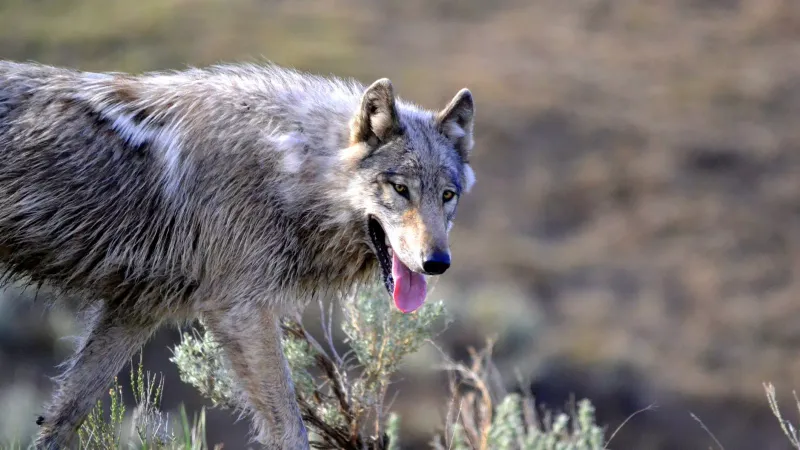
Wolves have adapted to human encroachment with caution and intelligence. They adjust their behaviors to avoid conflict, maintaining a delicate balance with nearby human activities.
This adaptability shows their awareness and ability to survive in changing landscapes, highlighting their resilience and cleverness in navigating human-dominated areas.
11. Social Play And Bonding
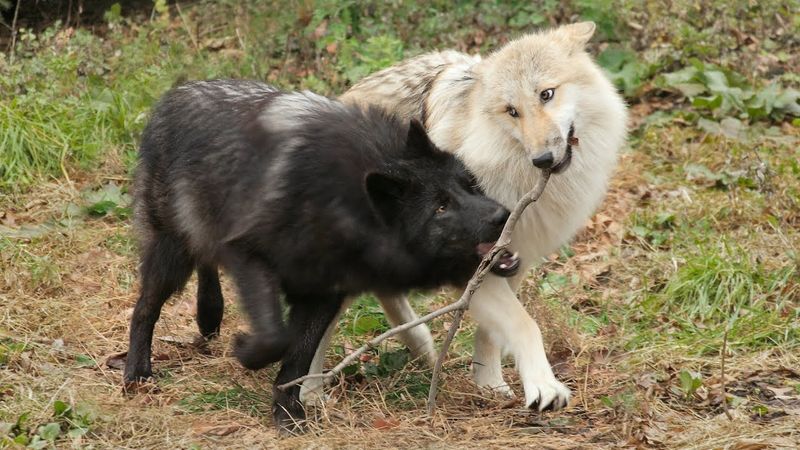
Play is essential in wolf packs, strengthening social bonds and teaching young wolves vital skills. Through activities like mock fighting and chasing, wolves learn cooperation and communication.
This playful behavior is not just fun; it’s a smart way to build relationships and ensure pack cohesion, vital for their survival.
12. Migration And Navigation Skills
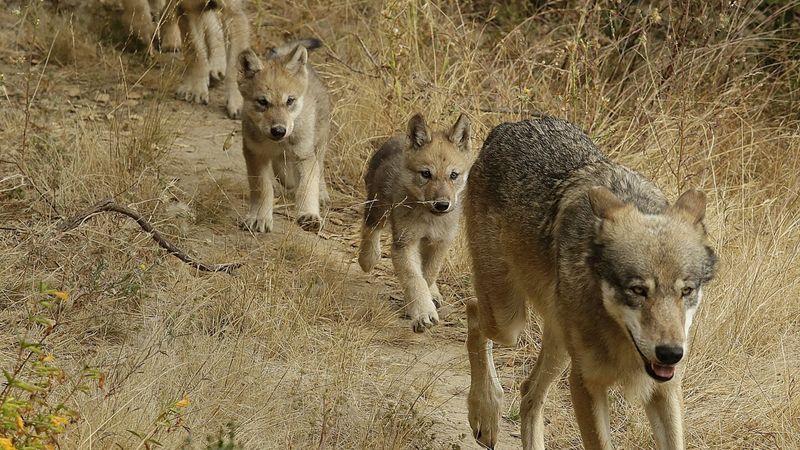
During migrations, they traverse vast distances, relying on natural cues and memory. Their sense of direction and ability to adapt to different terrains is impressive.
These navigation skills are a testament to their intelligence, enabling them to find resources and maintain their territory efficiently.
13. Cultural Transmission Of Knowledge
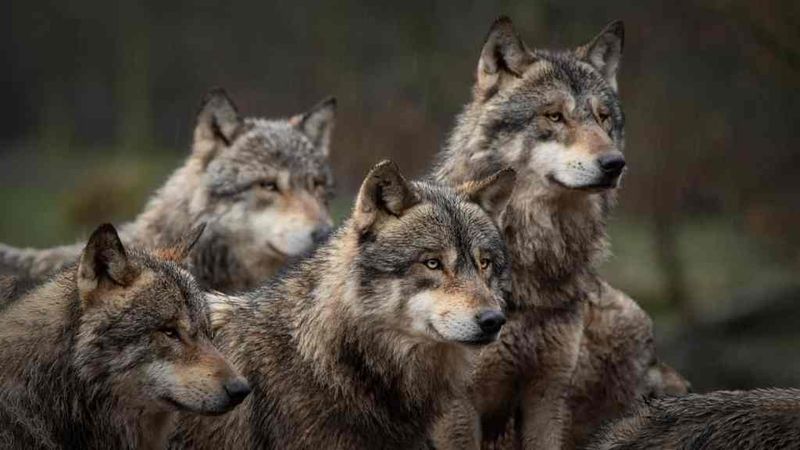
Wolves pass on knowledge culturally, teaching younger members crucial survival skills. This transmission of knowledge ensures that important behaviors and traditions are preserved within the pack.
It’s an intelligent way to maintain continuity and adapt to changing environments, showcasing their ability to learn and innovate.
14. Self-Control And Discipline
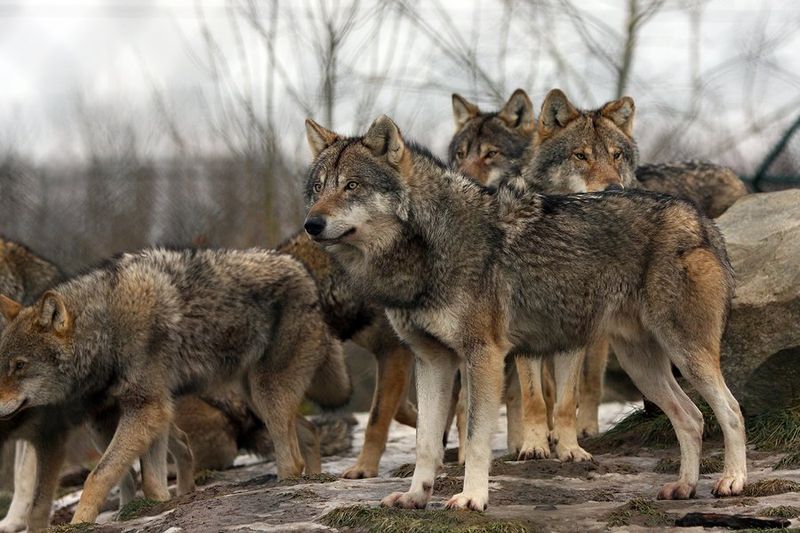
Wolves exhibit self-control, especially during hunts. They exercise discipline, waiting for the right moment to strike, ensuring success.
This restraint is a mark of their intelligence, highlighting their ability to control impulses for greater outcomes. Such discipline is crucial for their survival, reflecting their strategic minds.
15. Use Of Vocal Mimicry
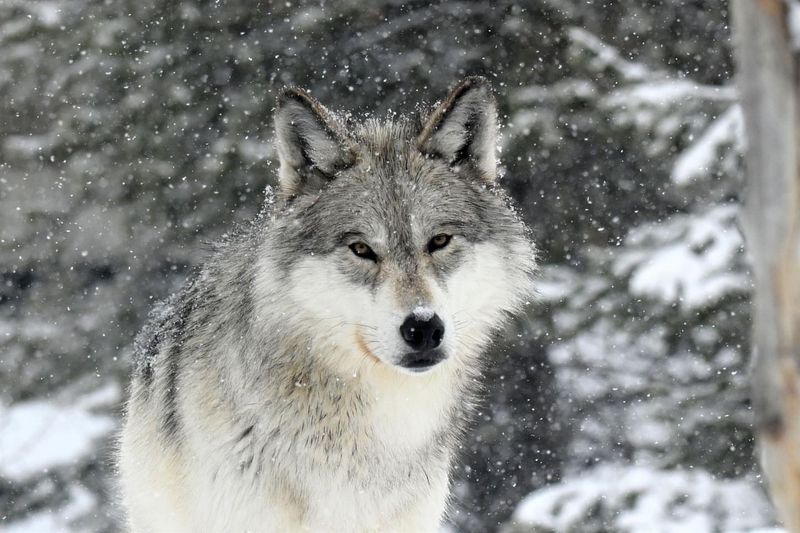
Some wolves can mimic sounds in their environment, a surprising vocal skill. This ability aids in communication and deception, a clever tactic in the wild.
Vocal mimicry is a rare and intelligent trait, allowing wolves to adapt their calls to different situations, enhancing their communication repertoire.
16. Sense Of Justice In Packs
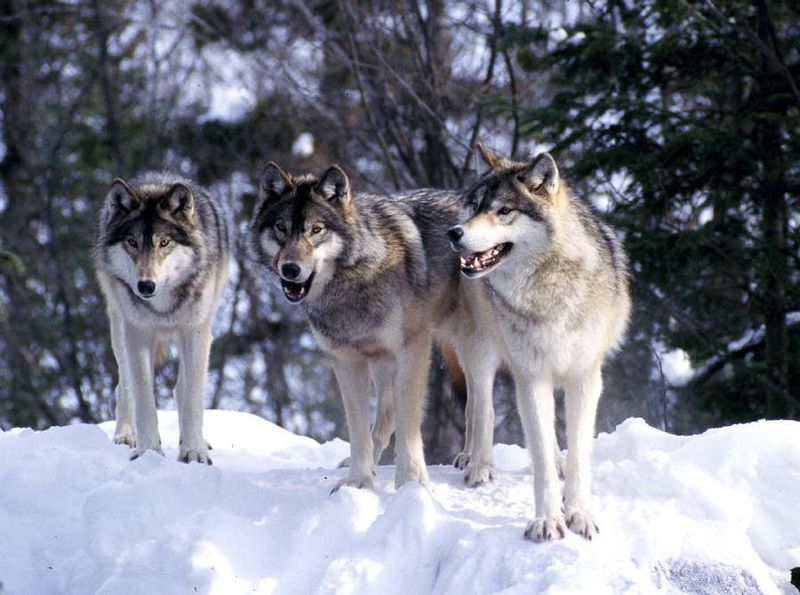
Wolves have a sense of justice, maintaining fairness and order within their packs. They address conflicts and ensure that rules are followed.
This social structure promotes harmony and cooperation, essential for pack survival. It’s fascinating how these animals uphold justice, showcasing their sophisticated social intelligence.





